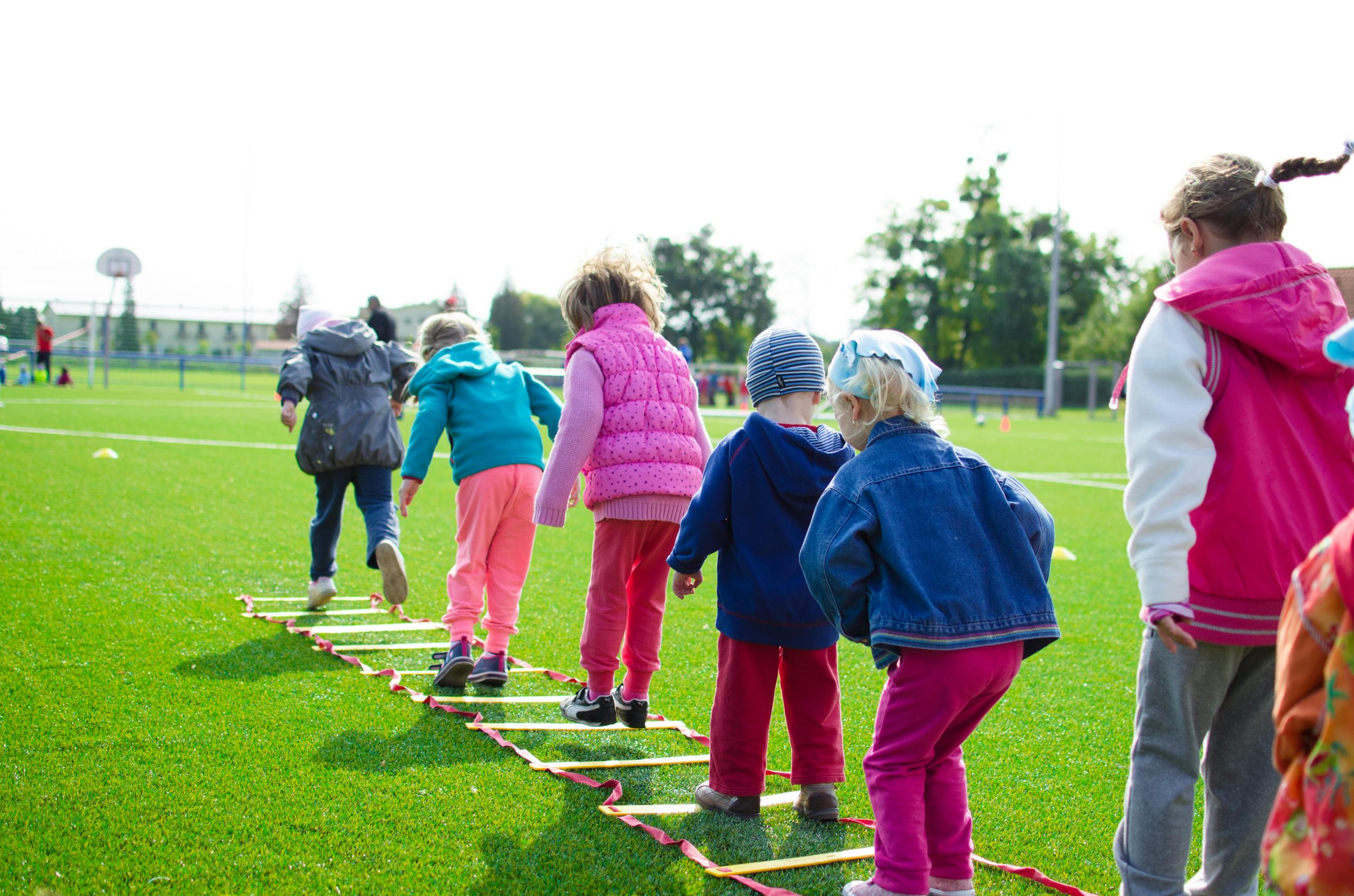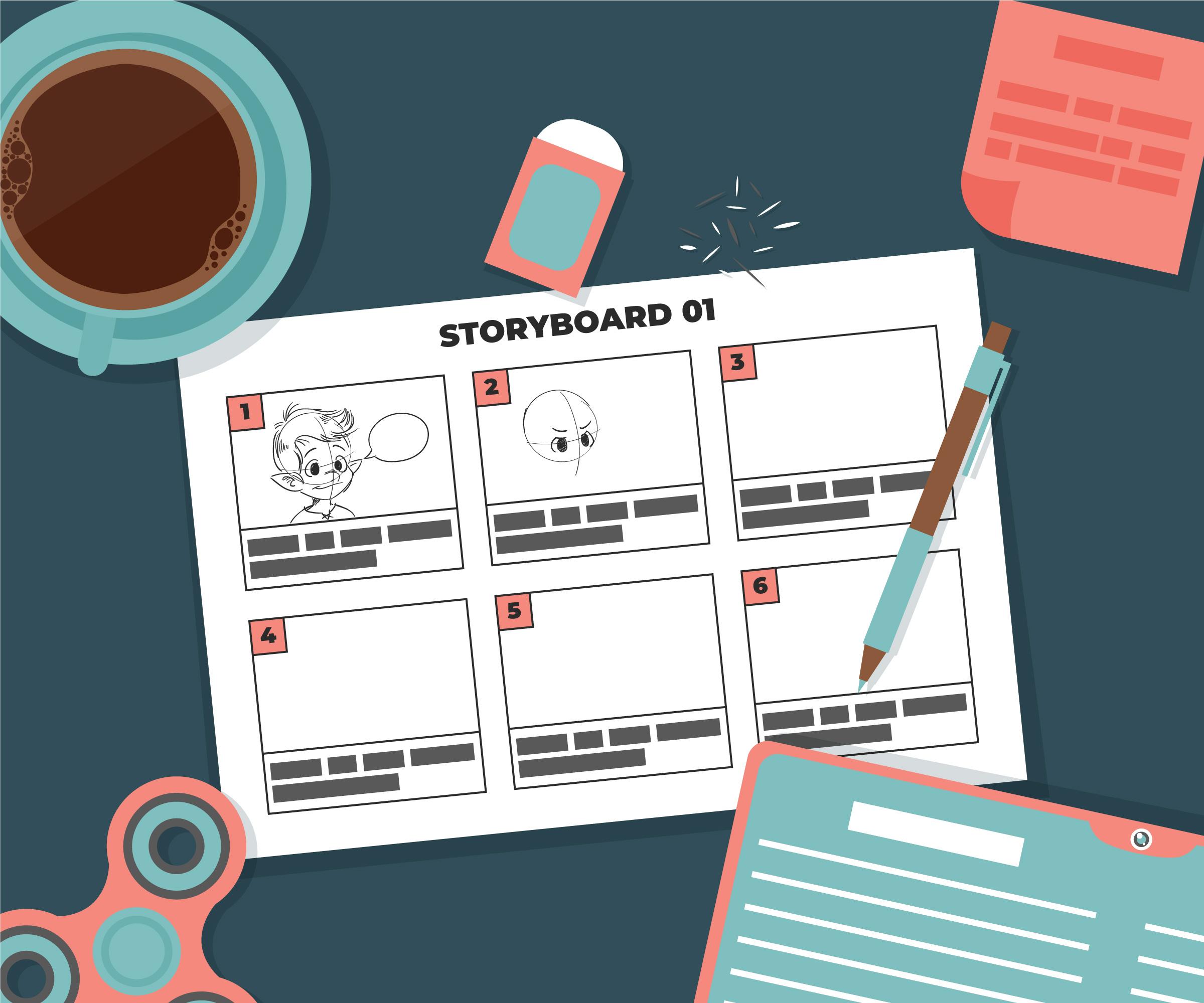
How to Support Your Neurodiverse Child in Social Situations
Practical Tips for Parents
Navigating social situations can be a challenging experience for neurodiverse children, but with the right support and understanding, parents can make a world of difference. Here’s a friendly guide filled with practical tips to help your child thrive in social settings.
Understanding Your Child’s Needs
Every child is unique, and neurodiverse children may have specific needs or discomforts in social settings. The first step in helping your child is understanding their particular challenges and strengths.
1. Communicate Openly
Talk with your child about their feelings towards social interactions. If they struggle to express themselves, observe their behaviour and note situations that seem to cause distress. Encourage them to share their thoughts and reassure them that their feelings are valid.
2. Educate Yourself
Learn about your child’s specific neurodiversity. Whether your child has autism, ADHD, or another condition, understanding the nuances can help you provide the appropriate support. There are many resources available, including books, websites, and support groups.
Preparing for Social Situations
Preparation is key to helping your child feel more comfortable and confident in social environments.
3. Practice Social Skills
Role-playing can be an effective way to practice social scenarios. Use toys or act out situations they might encounter, such as greeting someone, joining a game, or asking for help. This can help your child understand what to expect and how to respond.
4. Create a Visual Schedule
Visual schedules can be incredibly helpful for children who thrive on routine. Use pictures or symbols to outline the steps of a social activity, whether it’s going to a birthday party or attending a playdate. This helps them know what to expect and reduces anxiety.
5. Gradual Exposure
Introduce your child to social situations gradually. Start with small gatherings or one-on-one playdates before moving on to larger groups. This allows them to build confidence at their own pace.
During Social Interactions
Being there for your child during social interactions can provide them with the reassurance and support they need.
6. Be a Social Coach
Gently guide your child through social interactions. Offer prompts or suggestions if they seem unsure, but avoid taking over. Encourage them to take small steps and celebrate their successes.
7. Provide Breaks
Social situations can be overwhelming. Make sure your child knows it’s okay to take breaks if they need to. Create a quiet space where they can retreat and recharge before rejoining the group.
8. Use Social Stories
Social stories are short narratives that describe social situations in a clear, step-by-step manner. They can help your child understand and prepare for various social events. You can create your own or find resources online.
After Social Situations
Reflecting on social interactions can help your child learn and grow.
9. Discuss and Reflect
After a social event, discuss it with your child. Ask them how they felt, what they enjoyed, and what was challenging. This reflection can help them process their experiences and prepare for future interactions.
10. Offer Positive Reinforcement
Celebrate your child’s efforts and successes, no matter how small. Positive reinforcement can boost their confidence and encourage them to engage in more social situations.
Creating a Supportive Environment
A supportive environment at home and in social settings can make a significant difference.
11. Foster Friendships
Help your child develop friendships by arranging regular playdates with peers who are understanding and accepting. Building a network of supportive friends can enhance their social experiences.
12. Educate Others
Educate family members, teachers, and other caregivers about your child’s needs. The more people understand, the better they can support your child.
13. Model Social Behaviour
Children learn a lot by observing. Model positive social behaviour by demonstrating good manners, active listening, and empathy in your interactions.
Handling Difficult Situations
Social situations don’t always go smoothly, but with the right strategies, you can help your child navigate challenges.
14. Stay Calm
If a social situation becomes stressful, try to remain calm. Your child will take cues from your behaviour. Provide comfort and reassurance, and if necessary, remove them from the situation until they feel ready to return.
15. Develop Coping Strategies
Teach your child coping strategies for when they feel overwhelmed. This might include deep breathing exercises, counting to ten, or using a favourite toy or object for comfort.
16. Seek Professional Help
If social situations continue to be extremely challenging, consider seeking help from a professional, such as a therapist or counsellor who specializes in working with neurodiverse children. They can offer tailored strategies and support.
Conclusion
Supporting your neurodiverse child in social situations is a journey that requires patience, understanding, and creativity. By preparing them, guiding them through interactions, and reflecting on their experiences, you can help your child build confidence and develop their social skills. Remember, every step forward is a victory and a testament to your child’s resilience and potential.



